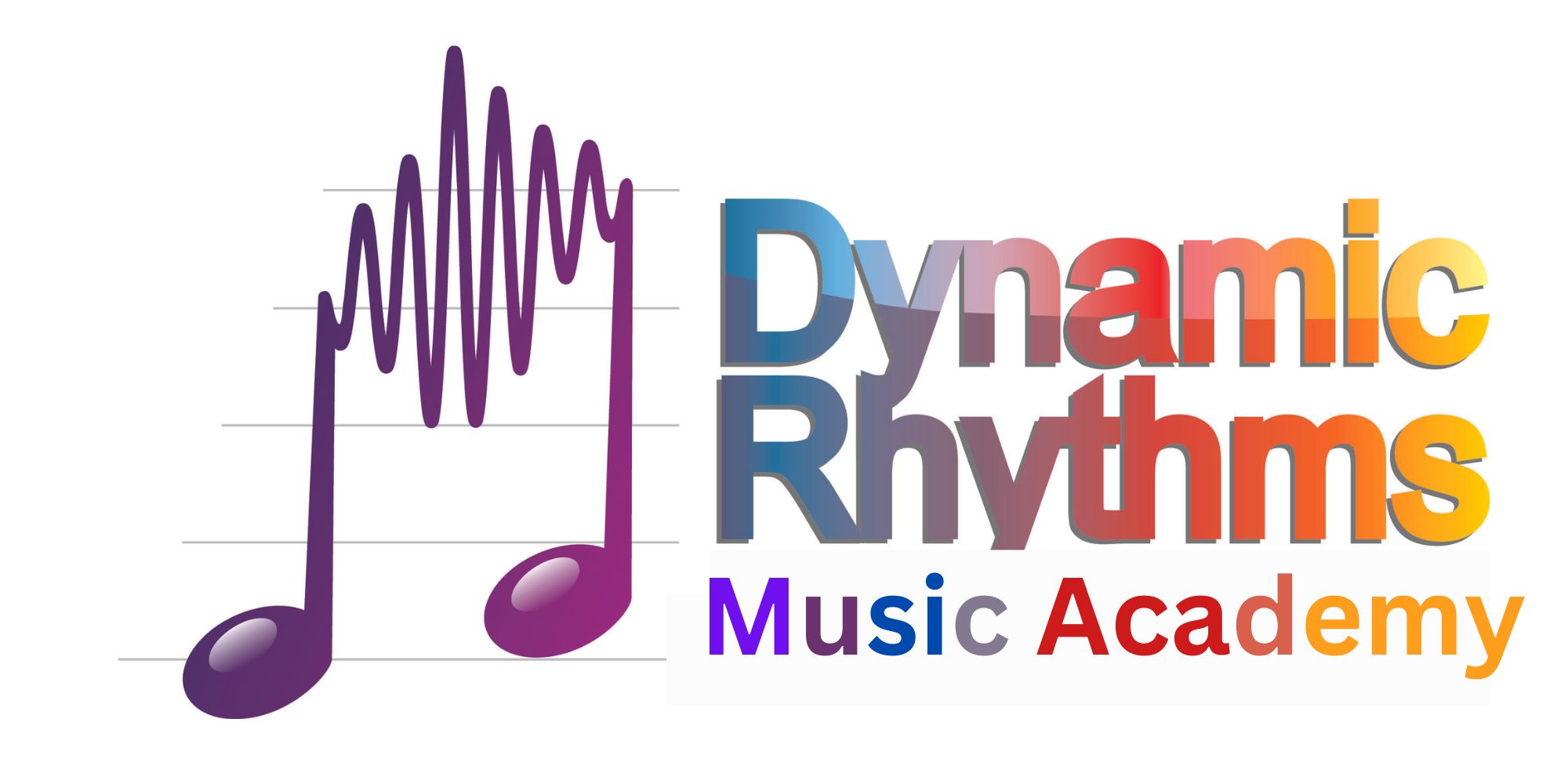Children should be introduced to music from an early age. This is as simple as exposing them to music in their environment by listening to the radio, recorded music and experimenting with different sounds using everyday items.
Neural connections in the brain related to music, form in early development. When a child is involved in a structured music education program like Jigglemusic, concepts such as beat, pitch, rhythm, tempo, dynamics, timbre, melody and harmony are taught through a series of interactive fun activities.
Music classes engage the senses such as seeing, hearing, feeling and movement. Gross motor skills are developed through movement and fine motor skills through manipulation of instruments and counting activities which also support early literacy by reading rhythm notation and pitch notation.
Social skills are developed by working together in a group, sharing, co-operating and following directions. Music also stimulates intellect through listening, problem solving and generating creative responses. This also assists oral language development through singing and engaging in rhyme and rhythm.
There are many studies that sing the praises of music education, and it should commence as early as possible. Early music education not only improves a childs future learning but also encourages a life-long love of music which benefits emotional wellbeing in terms of stress release and relaxation.
All in all, music is for life xx

Follow Us Here.
Please share this.

